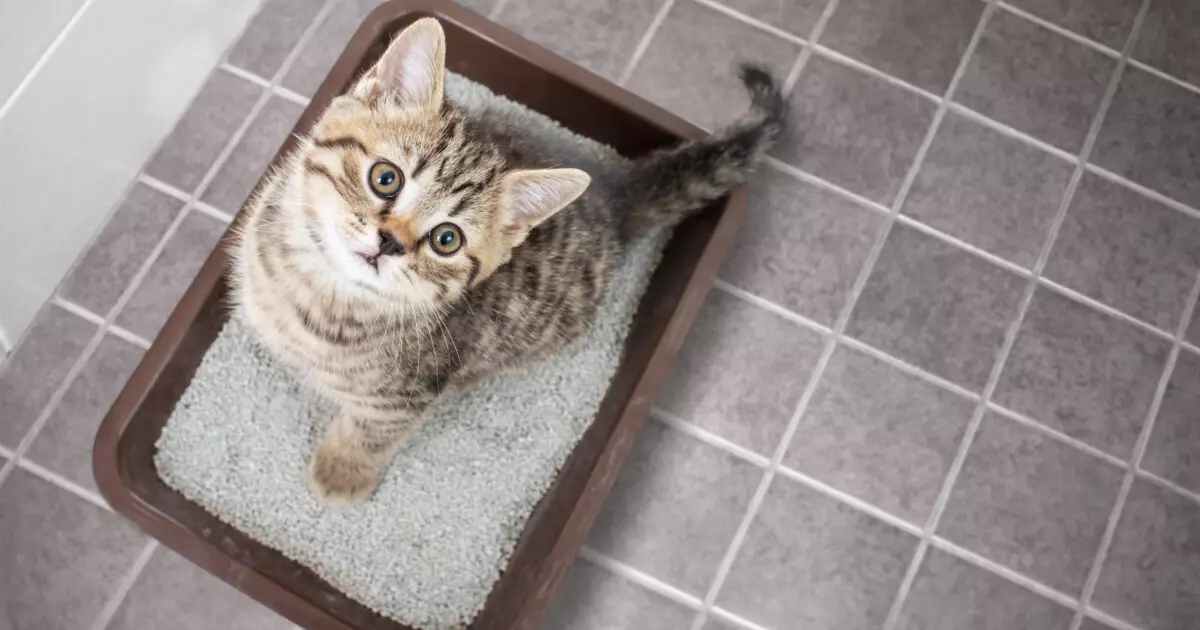As devoted cat owners, our furry companions’ health should always be at the forefront of our minds. However, cats have an uncanny ability to mask their discomfort and ailments, often leading to delayed diagnosis of severe health issues. Understanding the common health problems that affect cats, along with effective preventive measures, empowers pet owners to maintain a vigilant approach to their cat’s well-being. This article will delve into the notable health concerns faced by cats, how to identify them early, and simple steps you can take to ensure a long, healthy life for your beloved pet.
One of the most prevalent health issues affecting cats is the Urinary Tract Infection (UTI). While UTIs can occur in both male and female cats, female cats are at a higher risk. In males, these infections can escalate to critical conditions more rapidly due to their anatomical differences. Bacterial infections lead to alterations in the urine’s composition, elevating its pH levels and potentially resulting in crystallization—this can culminate in painful urinary blockages that demand immediate veterinary attention.
Owners may notice their cats displaying changes in litter box behavior, such as frequent attempts to urinate without success, straining, blood in urine, or increased thirst. While UTIs signal a bacterial infection, there are additional conditions linked to the urinary tract that warrant attention: cystitis, characterized by an inflamed bladder, and the formation of bladder stones. Bladder stones can exacerbate symptoms similar to those observed in UTIs, causing discomfort and obstruction. Therefore, familiarizing yourself with these signs is crucial in preventing exacerbation of these issues.
Another serious condition to be aware of is metabolic acidosis, commonly associated with renal health. Metabolic acidosis occurs when the body has excessive acid, often related to chronic kidney disease. The symptoms can be quite subtle but may include rapid breathing, muscle twitches, and lethargy. Conversely, kidney tubular acidosis refers to kidney dysfunction where the kidneys fail to adequately excrete acids, resulting in abnormal blood and urine acidity levels.
Cats suffering from kidney-related issues might show signs of panting, dehydration, weight loss, and increased urination. As these symptoms may mimic other conditions, regular veterinary checkups are imperative to accurately diagnose and manage these health problems before they escalate.
Being a cat parent doesn’t have to be filled with anxiety regarding your pet’s health; there are actionable steps you can take to manage health risks effectively. The first and foremost step is maintaining a clean litter box. Regular cleaning not only reduces odors but also minimizes harmful bacteria that contribute to infections such as UTIs. A neglected litter box can quickly become a breeding ground for bacteria, leading to a myriad of health issues.
Additionally, carefully selecting food is vital. A high-protein diet devoid of excessive fillers can significantly impact your cat’s health and immune response. Wet food can be beneficial due to its hydration benefits, helping to prevent urinary issues associated with dehydration.
Stress is a silent enemy to cats. By creating a stimulating environment with ample play opportunities and safe exploration spaces, you can greatly enhance your cat’s quality of life. If introducing a new pet or family member, gradual transitions can help minimize stress and anxiety.
Regular veterinary visits cannot be overstated. Regular health checkups and vaccinations are crucial in catching health problems before they manifest. If you notice any abrupt behavioral changes in your cat, it’s essential to consult your veterinarian promptly.
In today’s digital age, innovative solutions like health-monitoring litter are paving the way for proactive pet care. Products like PrettyLitter, a color-changing cat litter, can serve as an early warning system for potential health issues. By monitoring changes in your cat’s urine pH, PrettyLitter alerts you to abnormalities that might indicate conditions like UTIs, bladder stones, or urinary acid imbalances.
For instance, a shift to a blue or dark green hue may suggest the presence of a UTI, while an orange color could imply metabolic acidosis. Such advanced detection provides a vital opportunity for intervention before serious symptoms arise.
As a cat parent, being aware of the potential health issues your cat may face and understanding the signs and preventive measures can lead to a healthier, more fulfilling life for your feline friend. By staying informed and utilizing innovative solutions, you’ll be better equipped to ensure your furry companion remains healthy and happy. Make proactive choices today for a brighter tomorrow with your cherished pet!

